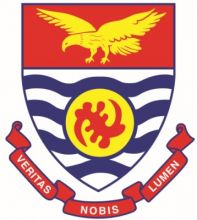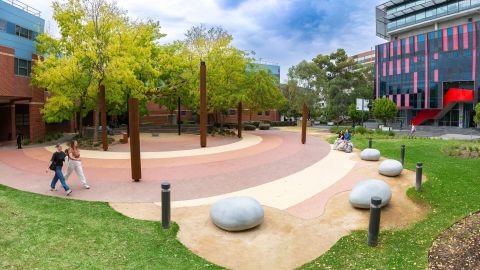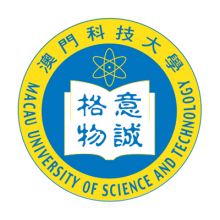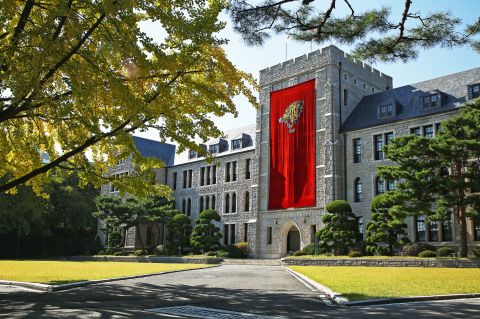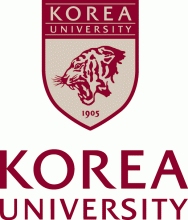关于 NOVA University of Lisbon
Universidade NOVA de Lisboa (NOVA) is a Portuguese higher education institution with internationally recognized research and quality teaching reflected in the results obtained in several renowned rankings. Founded in 1973, NOVA has nine academic Units that offer a wide variety of degrees in all areas of knowledge and constitute an incontestable cultural, artistic, academic and technological resource. NOVA has a strong tradition of work in areas of innovation, with corresponding outcomes in the economy, services, and in extracurricular training, establishing important protocols with its peers, both nationally and internationally. The internationalization strategy of NOVA has been reinforced through the active participation in several student and staff mobility programmes within the universe of European, Portuguese speaking and Latin American Higher Education Institutions. The university is also actively involved in cooperation actions promoted by the Portuguese Government, in particular with North-American universities, such as the University of Texas at Austin (UTA), the Massachusetts Institute of Technology (MIT) and the Carnegie Mellon University (CMU), namely in master's courses and doctoral and research programmes. In the Entrepreneurship field, NOVA is creating and developing an entrepreneurial ecosystem within the University, designed to help students acquire tools, develop skills and cultivate the mindset central to launch and manage successful new ventures. NOVA launched, in 2013, as part of its Strategic Plan, a Doctoral School aimed to enhance excellency in Doctoral Education. It offers to 3rd cycle students and supervisors a range of complementary and transferable skills that will support their personal and professional development, creating a space of discussion and creativity. NOVA is a vibrant University open to the world and willing to take part in the challenges presented by the 21st century.
NOVA University of Lisbon 的排名数据分析
对比大学重要统计数据
关键统计数据
- 23,369Number of FTE Students(1)
- 18.4每位教职员对学生数量(1)
- 26%Proportion of ISR Publications(1)
- 51 : 49女生对男生的学生比例(1)
- 24%国际学生比例(1)
NOVA University of Lisbon 的授予学科
Social sciences
- Politics & International Studies (incl Development Studies)
- Communication & Media Studies
- Geography
- Sociology
Computer science
- Computer Science
Engineering & technology
- Mechanical & Aerospace Engineering
- Civil Engineering
- General Engineering
- Electrical & Electronic Engineering
- Chemical Engineering
Law
- Law
Arts & humanities
- Languages, Literature & Linguistics
- History, Philosophy & Theology
- Archaeology
- Art, Performing Arts & Design
Life sciences
- Agriculture & Forestry
- Biological Sciences
Clinical, pre-clinical & health
- Other Health
- Medicine & Dentistry
Physical sciences
- Mathematics & Statistics
- Physics & Astronomy
- Geology, Environmental, Earth & Marine Sciences
- Chemistry
Business & economics
- Accounting & Finance
- Business & Management
- Economics & Econometrics
Education
- Education




